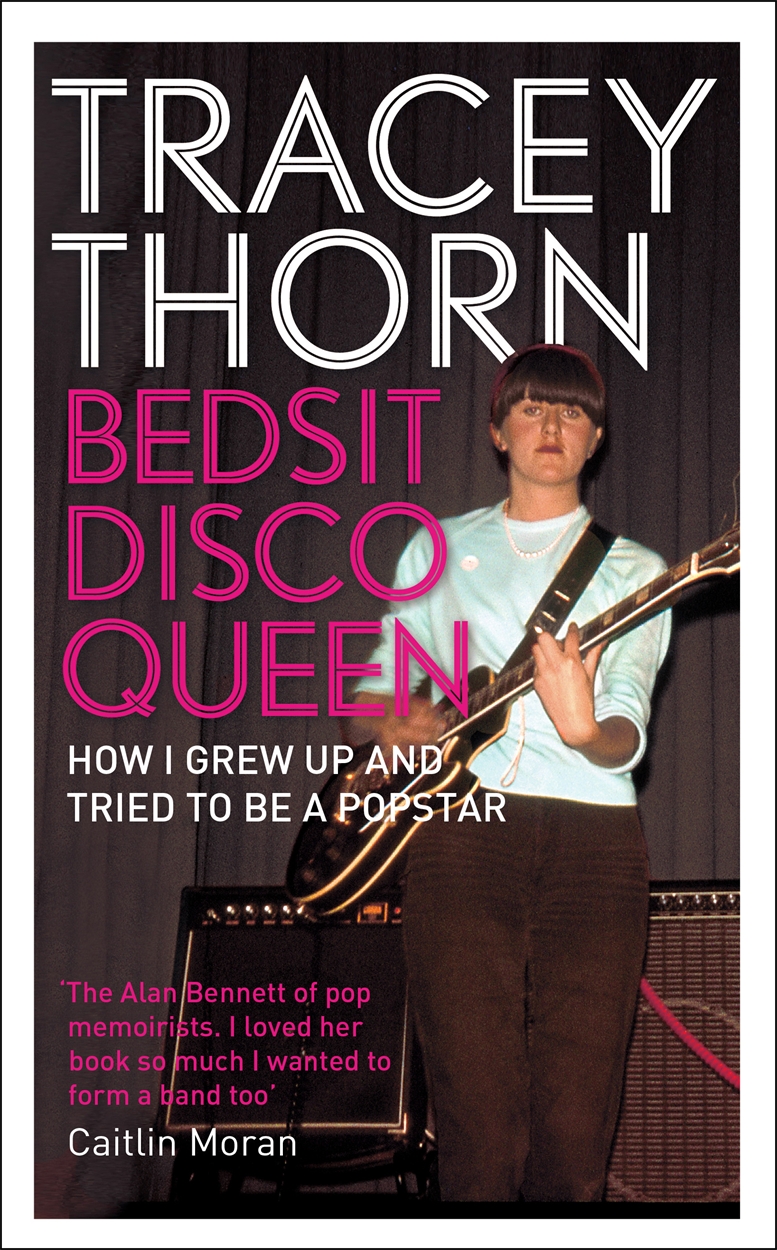
Tracey Thorn’s discography is a laudable one: the groups Everything But the Girl and Marine Girls, collaborations with Massive Attack, and a group of acclaimed solo albums. Her memoir, Bedsit Disco Queen, delivered a lot of what I was expecting: there’s plenty of detail about Thorn’s creative process, and how it evolved through the years; there’s also plenty about her own personal aesthetics, and how they developed over time.
It’s an engaging read throughout, and Thorn keeps the reader’s attention without artificially ratcheting up the drama in her own life. She’s candid about her songwriting process, and her struggles to balance music, a sense of community, and her own intellectual pursuits. (Thorn has studied literature extensively.) And by making that the focus of the book, it makes for a refreshing experience: enlightening and unconventional, proceeding in the way you least expect. Which, given Everything But the Girl’s unlikely trajectory towards having an ubiquitous single in the mid-90s, seems entirely appropriate.
From an in-depth look at music, we move to one focusing on silence. Specifically, Patrick Leigh Fermor’s A Time to Keep Silence, Fermor’s account of his time spent writing in assorted monasteries, and his observances of the societies there. It’s a quick read, but there’s plenty to mull over here: descriptions of structures and histories of the different orders Fermor encountered; contrasts between the silence of life there with the crowded sensory experience he’d left behind; and musings on the effect that it had on Fermor’s writing. And it certainly made the case for shifts in perspective, and how that can affect one’s work. There’s a lot to ponder here.
Between Fermor’s book and the Andre Dubus collection In the Bedroom (released, I believe, as a tie-in with the film adaptation of his short story “Killings”), I found myself with more than a little to think about in terms of Catholicism. Fermor perceived the monastic orders he lived among as an outsider; Dubus is writing from a believer’s perspective, and the way that his belief suffuses these stories leads them to unwind in fascinating and unpredictable ways. Dubus is able to blend the physical and the spiritual in ways I’ve never encountered elsewhere; his is a voice that inspires confidence, and one that creates a world that feels fully realized, as though you could step into the pages before you.
Follow Vol. 1 Brooklyn on Twitter, Facebook, Google +, our Tumblr, and sign up for our mailing list.
